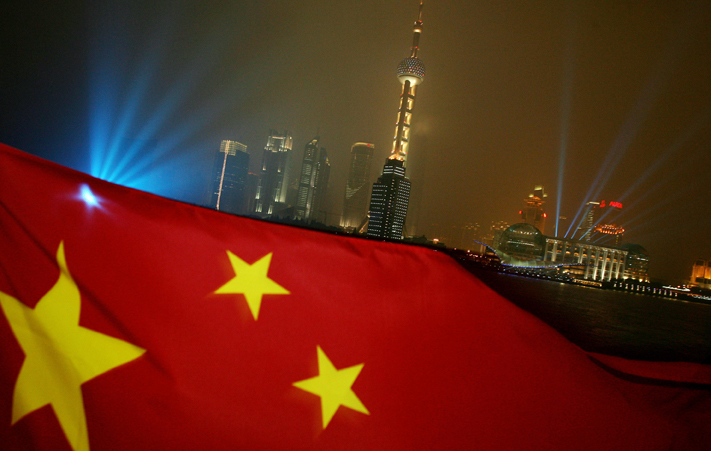
Victor Chu, the chairman of First Eastern, reminded a small Atlantic Council dinner that Napoleon once said of China, “Let China sleep, for when she wakes, she will shake the world.”
So the wide awake China is busily agitating friends and competitors, but is it a superpower? Without quoting individuals (this was an off-record setting), the answer is a resolute, “Yes and No.” And around the table were some experienced hands, led off by Victor Chu – an Atlantic Council International Advisory Board member – who is one of the savviest private equity players active in China. He was complemented by John Studzinski of Blackstone, an Atlantic Council board member, and others.
On the “yes” side, China is clearly an economic superpower that is gobbling up natural resources and shaping the economies and trading patterns of countries from Africa to America. No single country is doing more to drive the global economy. We just learned this week that China holds $1.16 trillion of American treasuries – nearly as much as the U.S. itself!
On the “no” side, a superpower doesn’t merely have economic and military might, it wins global hearts and minds. It is others who call you a superpower– not yourself.
Superpowers are also confident (sometimes overly so) in their own skin. Though the new China sometimes appears arrogant to outsiders, one expert referred to them as a “reluctant superpower” that often feels misunderstood and misrepresented by a Western press it doesn’t understand.
There’s also the new problem for China’s world role posed by Mideast upheavals, which has sent a chill down the spine of Chinese leaders. Suddenly the durability of authoritarian capitalism looks less certain. Chinese authorities have acknowledged this concern both through a crackdown on a potential Jasmine Revolution protests and through hastily arranged party meetings throughout the country to take the lay of the land.
What sets the Chinese most apart from Egypt’s Mubarak, however, is they long ago realized they had to absorb rising public demands and dissent in more sophisticated fashion. They have been at pains particularly at more local levels to introduce more democratic practices–without ceding their monopoly on power or compromising the system. In Nanjing, for example, a system of consultation has been introduced through which poor performing bureaucrats are removed.
One intriguing question that wasn’t resolved: how does a more superpower-like China deal with North Korea and the prospect of Korean unification– and what leverage does it use with the U.S. to bring about the outcome it prefers? Short answer: watch Taiwan. A superpower tries to leverage great historic moments into great national purpose.
Your unification for our unification?
Fred Kempe is president and CEO of the Atlantic Council. His latest book, Berlin 1961, will be available May 10. Photo credit: NATO.
Image: china-flag-cityscape.jpg
